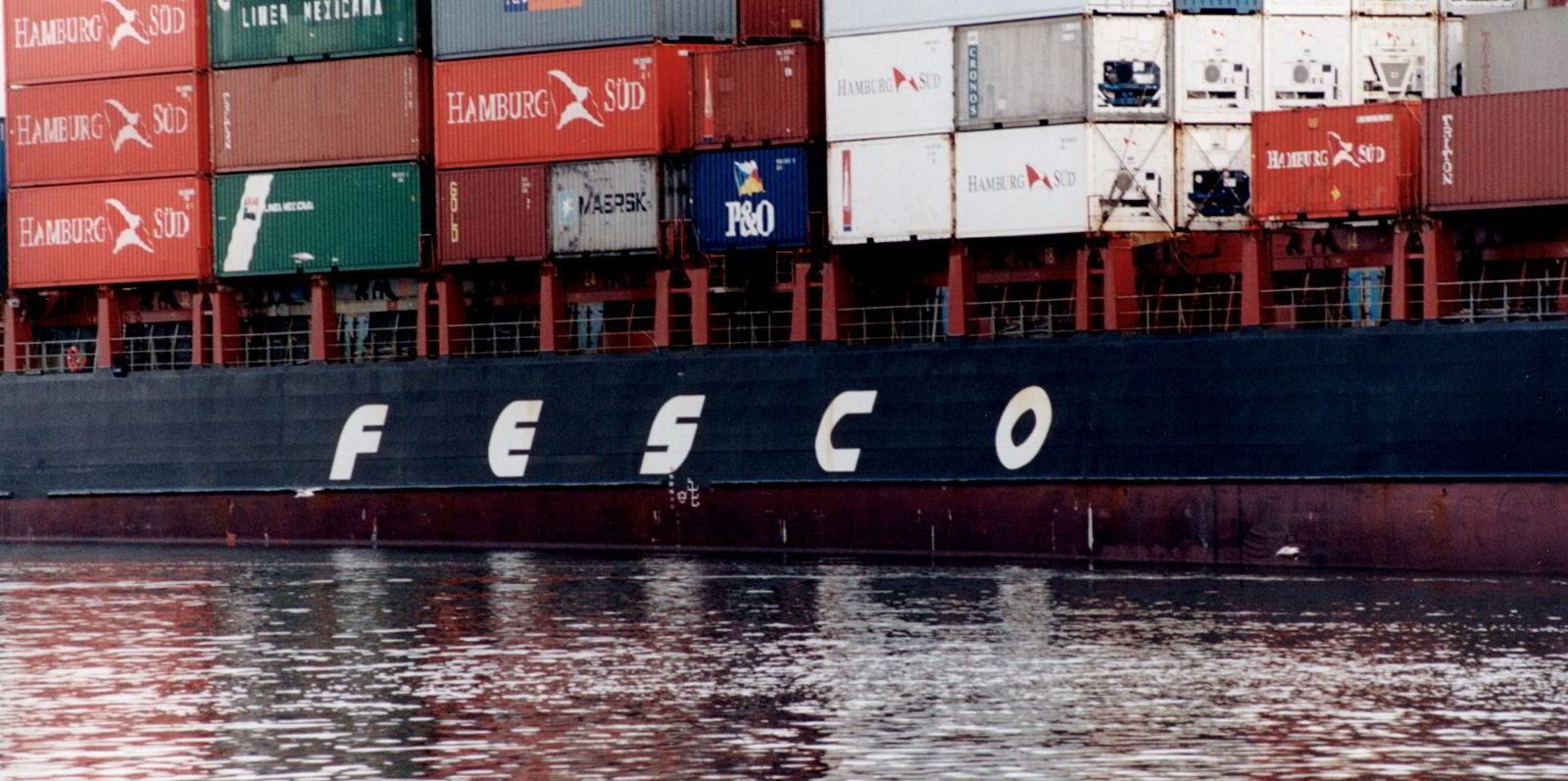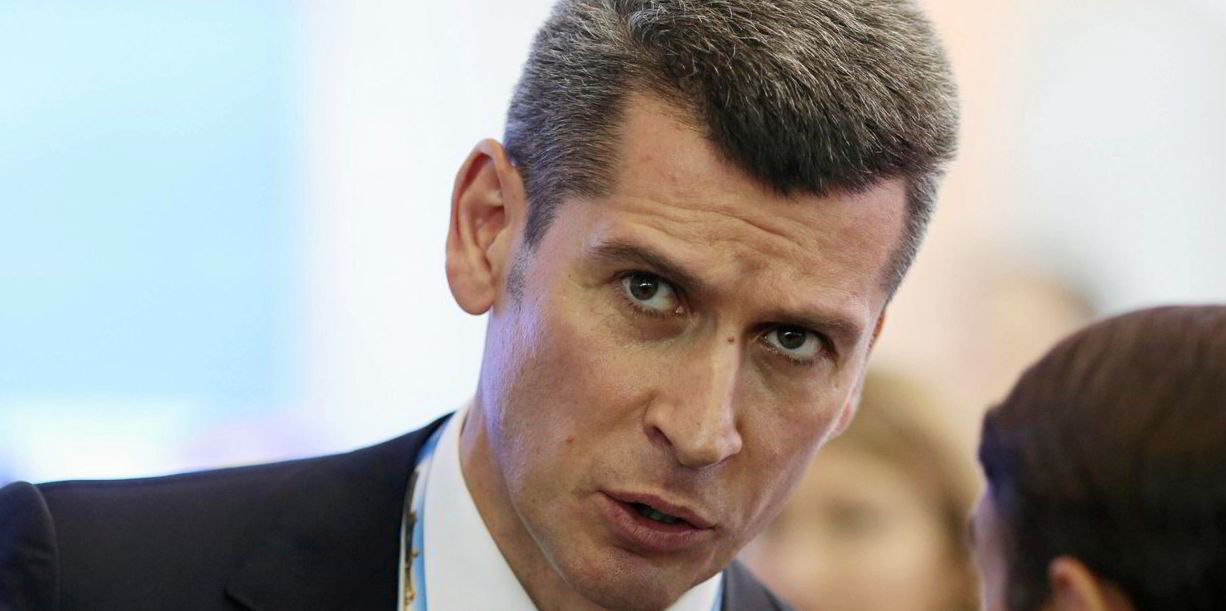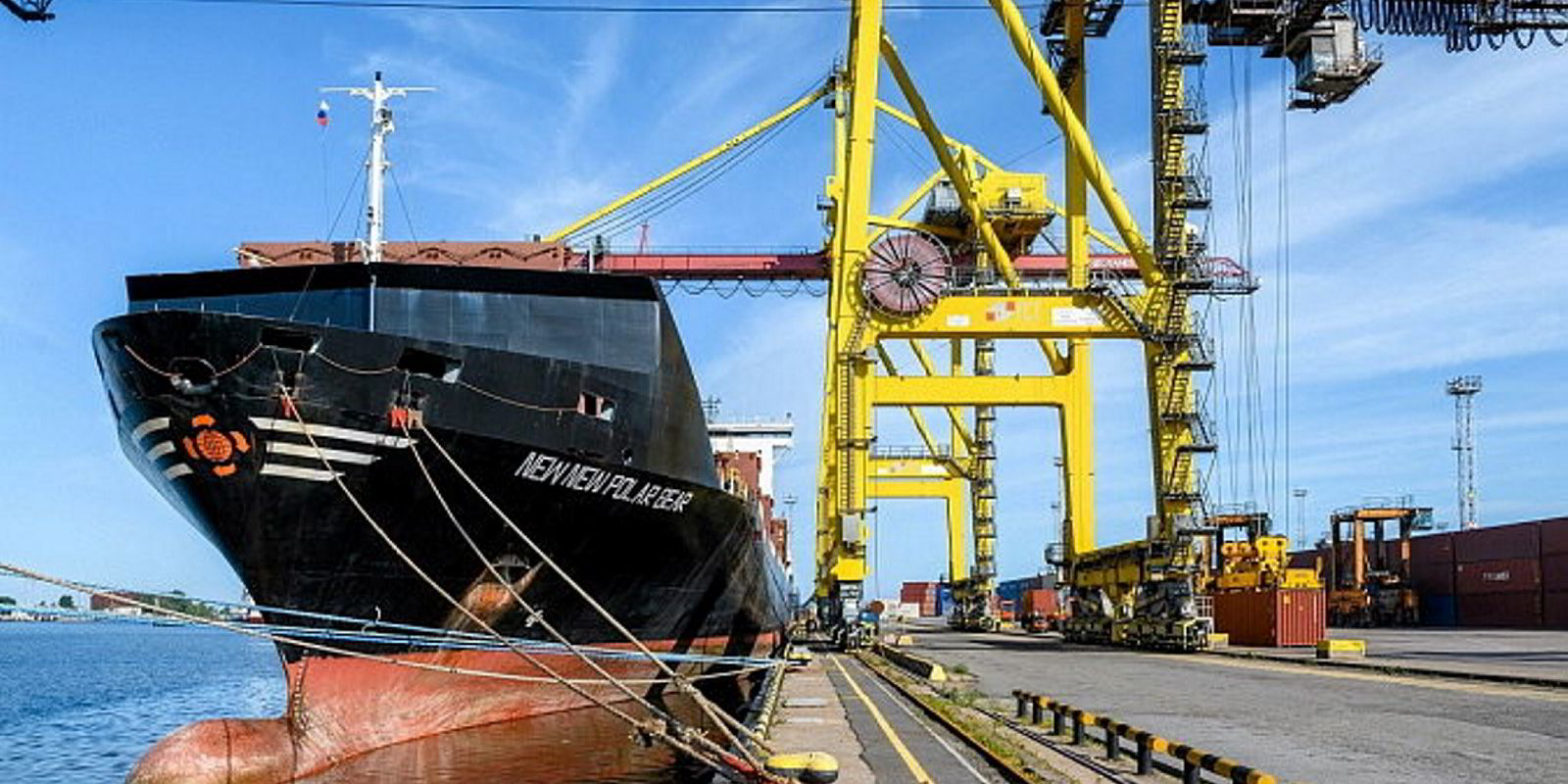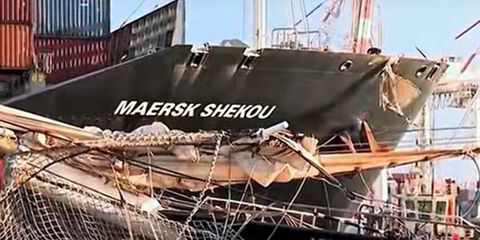Jailed transport tycoon Ziyavudin Magomedov has suffered a setback in his attempts to claw back billions of dollars following the seizure of Fesco — his shipping and ports company — by the Russian state.
An English judge declined to impose a series of freezing orders and injunctions against a group of defendants that were aimed at preventing money being moved by companies that Magomedov said were snatched from him.
Magomedov and his brother, Magomed, were jailed in Russia for 19 years and 18 years, respectively, last year after being accused of organised crime and embezzlement. All of their assets were seized.
Magomedov, once one of Russia’s richest men, claims his arrest was part of a process by the Russian state to bring Fesco under its control. His companies’ interests included ports such as Vladivostok, a container ship and multipurpose business, and a bunker company.
He is suing a group of 22 companies and directors through the English courts, including Russian state nuclear player Rosatom, pipeline operator Transneft, private equity firm TPG and Fesco. He is seeking nearly $14bn.
No trial date has yet been set.
He claims that he was the victim of an “intricate” and “stealthy” conspiracy to take over Fesco, which has more than 100 entities globally, according to court documents.
Fesco, which was founded in 1996, is one of Russia’s largest logistics players with interests in ports and railways and owns at least 28 vessels.
Magomedov secured his stake around 2012, using cash and $1.2bn in finance from banks and TPG.

But the brothers claim that they fell out of favour with the leadership in Russia in early 2018 and the state started to seize assets of “strategic importance” as part of a broader policy under President Vladimir Putin.
The brothers were arrested in 2018 before being jailed four years later in what they said were politically-motivated cases. They have appealed against their convictions.
They claim that conspiracies against them had the “ultimate objective of the wresting of assets ... or obtaining them for less than their fair value”.
English High Court judge Christopher Butcher said on Friday that there was evidence to suggest a hostile takeover of Fesco was threatened by Rosatom and other defendants and was backed by “menacing behaviour”.
But he refused to make an order on Rosatom, Transneft and Fesco to detail their overseas assets to the jailed tycoon’s lawyers or to notify them of major changes to their finances.
The judge said it was unlikely that assets, including a new railway service from Russia to Europe, would be repatriated to Russia and thus become out of reach for Magomedov’s legal claim.
“Many of these assets would, of their nature, be difficult to dissipate,” the judge said.
He added that Magomedov’s team relied most on a “general policy of the Russian state to encourage the movement of assets back to Russia by Russian entities and businesspersons”.
“This encouragement would appear, however, to be inapplicable to an entity such as Fesco,” he said.
A spokesman for Magomedov said he would look to appeal the ruling.




